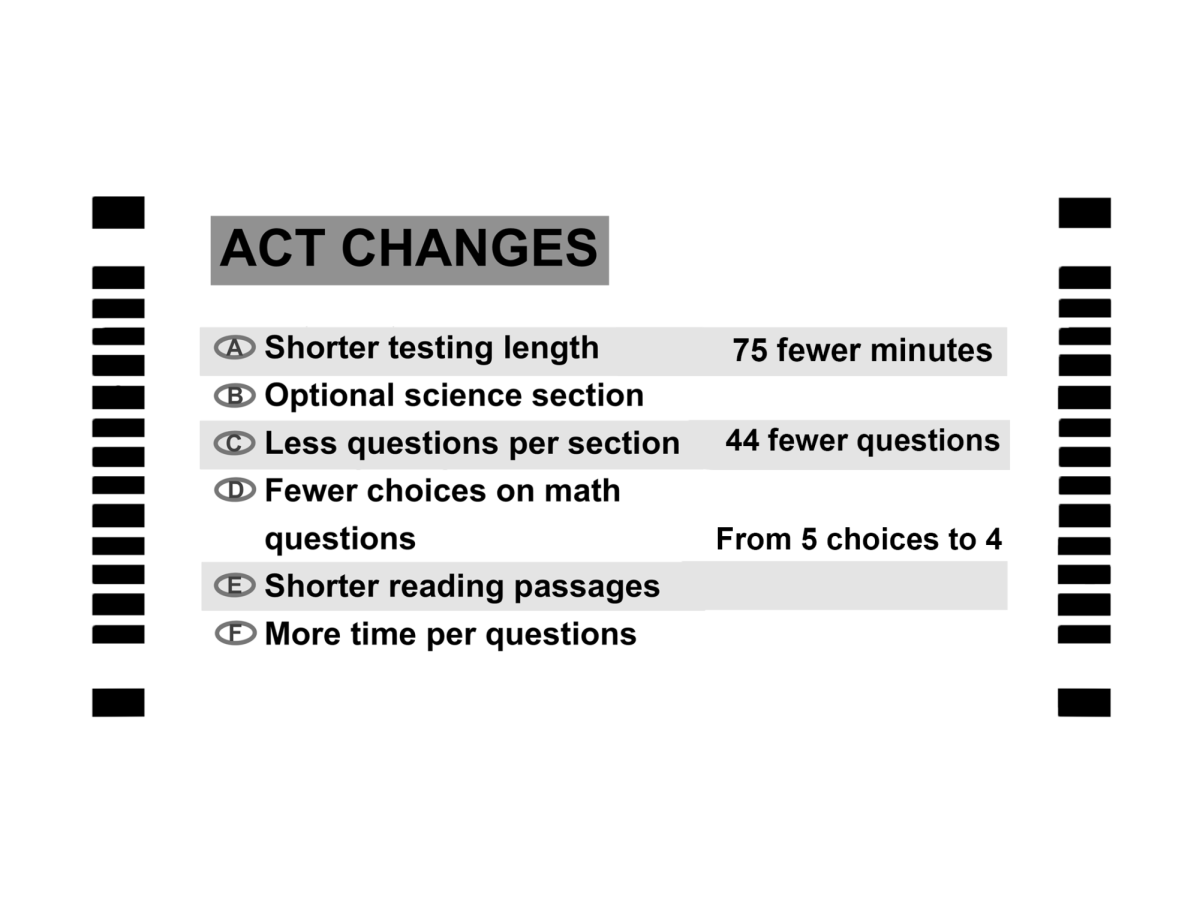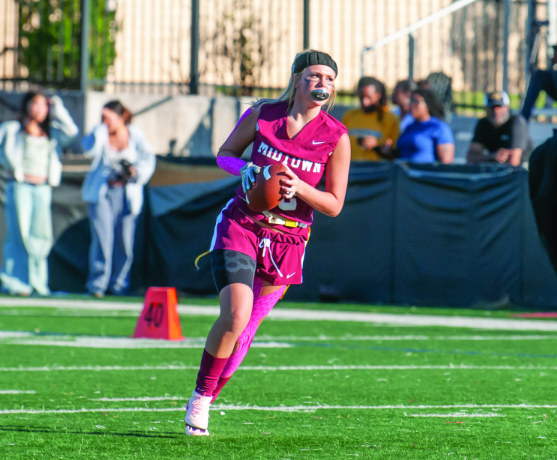The 2025-26 school year at Midtown High School is underway, and so is the school’s newest class: Advanced Placement (AP) African American Studies. Following Georgia Attorney General Chris Carr’s statement that the state’s law against teaching “divisive concepts” does not apply to the AP course, its inclusion was approved and funded. With that clarification, Midtown surveyed students for interest and quickly moved forward.
This course is taught by history teacher Noel Erskine, who also teaches Midtown’s semester-long on-level African American Studies course.
“History is not taught correctly,” Erskine said. “You have certain marginalized groups whose history hasn’t been taught, so, to fill in those gaps, you have classes like African American Studies and Women’s Studies. If it was taught correctly, then we wouldn’t have to have these classes in isolation. History to me is like one big, good story. As George Santayana once said, ‘Those who cannot remember the past are condemned to repeat it.’ If you want to know how to intelligently deal with tomorrow, or today, you have to take a look at the past.”
However, due to AP African American Studies’marginalized focus, legal disagreements have arisen nationwide. Both Florida and Arkansas have banned the course from being taught in their schools. South Carolina does not allow students to earn college credit from taking the course. However, Assistant Principal and scheduling director Willie Vincent says this did not serve as a barrier to or influence Midtown’s decision to implement the course.
“That didn’t factor into doing it,” Vincent said. “We had already done the Intro to African American Studies class that Mr. Erskine also teaches, and that’s a natural spinoff of what he already does with that course. A lot of schools had already done it, so all we had to do was poll students to see if we had enough interest to open a class. If we only had five kids, for example, we wouldn’t have been able to offer it, but we had enough kids to say ‘okay, this will work.’”
The class was implemented after Midtown announced they would no longer provide AP European History, which was also taught by Erskine.
“I don’t like to look at it that way,” Erskine said. “AP Euro had had a good run. I would love if I could do AP Euro and African American Studies. Maybe in the future, maybe next year.”
So far, feedback for the new course has been strong.
“It’s been very popular,” Vincent said. “We have kids on a waiting list. We didn’t have enough to offer two classes. A little over 40 kids would have been interested, but they didn’t say at the time [of our poll]. I think it has a future. Mr. Erskine does a great job because AP Euro, for example, used to be one class, but flourished into two full classes with Erskine. People weren’t bailing out of it.”
Currently, the course consists of one class of students. Erskine highlighted that there is a change in difficulty between the on-level and advancement placement courses.
“There’s on-level [African American Studies], that’s one semester, but the AP [African American Studies] is two semesters, and there’s an examination the first week in May,” Erskine said.
Erskine points to his historical passions as his inspiration for taking on teaching the new class.
“I love history in general,” Erskine said. “If it’s Asian history, European history, women’s history, Black history, I love all of it. My whole family teaches, so it’s in the blood.”
In addition to his love for teaching, Erskine said he approaches the AP class through building student engagement before diving into complex material.
“I try to make the class fun,” Erskine said. “I try to make the energy good, positive and exciting. Once I have the kids’ attention, then I hit them with the content. That makes them more receptive to the information. Once they’re feeling good, and they’re excited, they can relate to it.”















